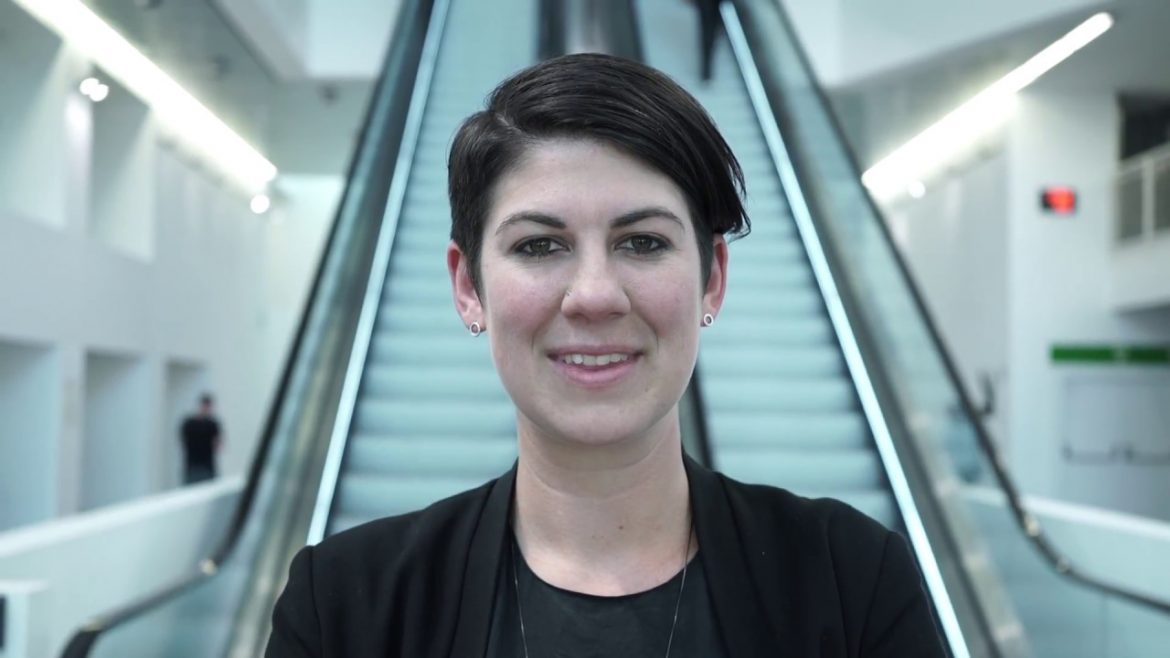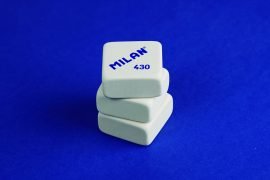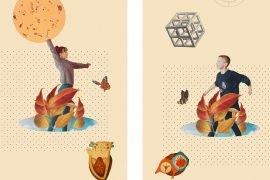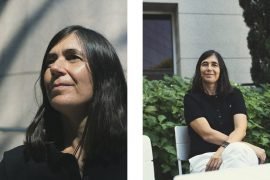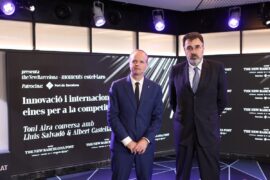In her appearances, Leyla Acaroglu radiates common sense and a positive attitude which contrasts with the harshness of her diagnosis on the impact of mankind on nature: “I am obsessed with design, because most of the world around us is built”. From the moment we are born, virtually everything is an artifact, created to satisfy the minimum requirements and suggest patterns of behavior that are adopted almost unconsciously. “Design is the world’s socially most influential silent scripter that conditions every second in our lives”, she states. Design conditions us both physically and cognitively, generally unnoticebly. Hence, the importance of paying attention to the real possibilities that conscious and eco-friendly creation of products have to offer, the design of experiences that can trigger “intrinsic changes” on human systems.
The wonderful capacity of mankind consisting in creating order out of chaos has not always resulted in sustainable progress. There is reasonable evidence –warns Leyla Acaroglu– that points to regression, a return to chaos. Contrary to cheerful predictions –more appropriate to, say, the Enlightenment– human beings are not rational about basic things, and get caught up in their own habits. Inducing, by means of objects, better habits could be the key to sustainability. “We think we have self-control” but –she says, delving good-humoredly into a paradox of not always positive consequences– “humans are predictably irrational”. The truth is that biochemistry, neurotransmitters greatly condition our behavior. This fact should not be overlooked when determining the ideal product and type of consumption needed in a specific context that an individual is found in. In this respect, Leyla Acaroglu states that there is no “ideal norm”, i.e. what is sustainable in a context may not be so in another; likewise, there are no “good or bad materials”, as they depend on how we apply them.
In a great speech, entitled This is Water, the late writer David Foster Wallace emphasized a predetermined framework, some “default settings” that sustain our subjective cosmovision. The “cognitive biases” –as Leyla Acaroglu puts it– prevent us from realizing what is really essential: the privilege of having life on planet Earth. By means of numerous examples and a contagious dose of positive attitude –that bars defeatism or mere criminalization, both of them sterile attitudes– Acaroglu invites us to confront the challenge of sustainability, more than ever before an urgent and pressing need in the 21st century. This challenge can be faced by means of efficient and eco-friendly production and made possible through designing products that take into account the real needs of the human beings. “Sophisticated solutions” –she says– that minimize expense can make possible what Aristotle, a philosopher especially aware of the relevance of individual life circumstances, defined in his reflections on ethics as eudaimonia, or “good life”.

